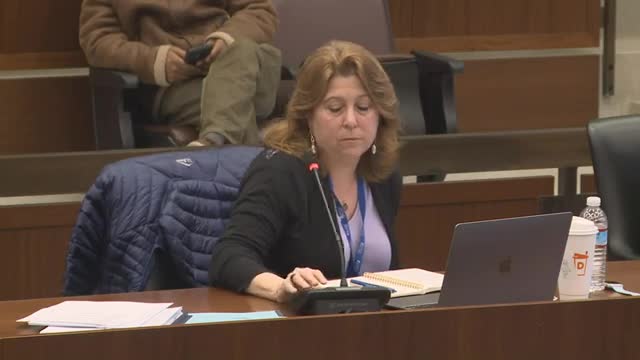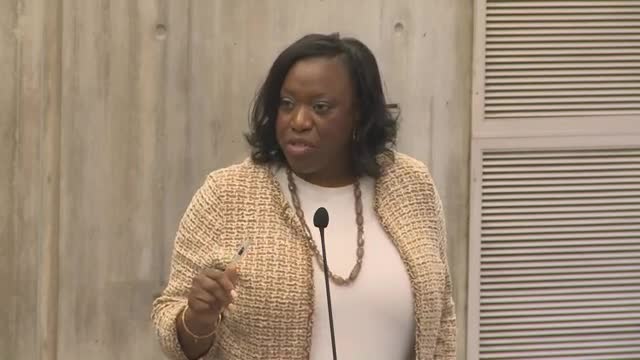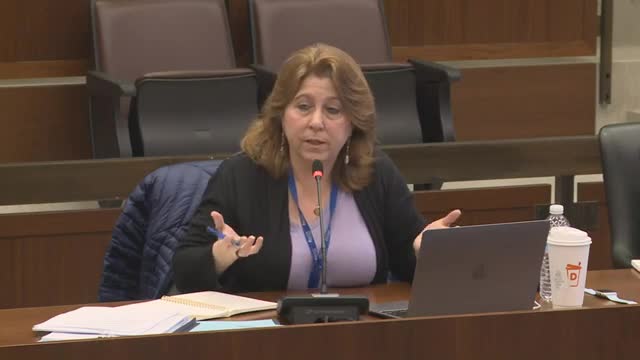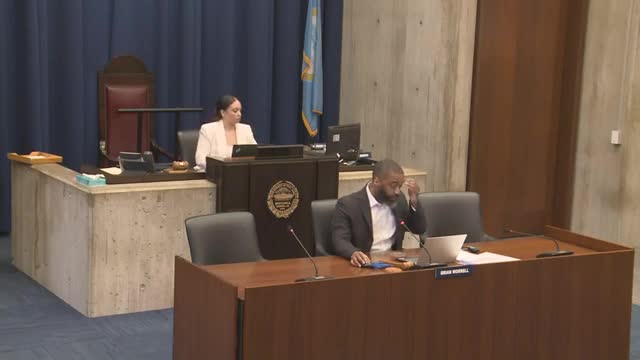Article not found
This article is no longer available. But don't worry—we've gathered other articles that discuss the same topic.

BPS outlines postsecondary strategy: early college growth, CTE expansion and new transition program for older special‑education students

BPS expands dual‑language programs, cites 17,192 multilingual learners and $4.5 million in targeted investment

BPS details inclusive‑education rollout: service mapping, new paraprofessional role and phased expansion

